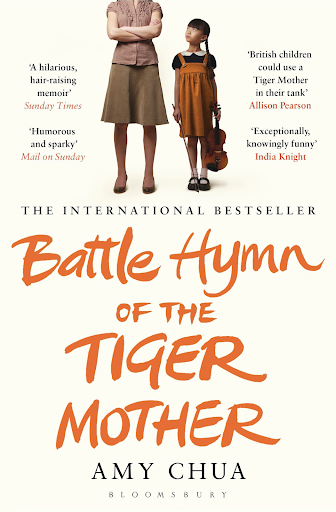Are your parents Asian immigrants? Have you gotten A’s your entire life? Do you play a classical music instrument such as piano or violin? Were you not allowed to have sleepovers or watch TV as a child? Do you have high standardized test scores or attend a top 20 college?
If any of these criteria apply to you, you have probably been raised by “tiger parents.
Coined by Amy Chua in her controversial memoir, Battle Hymn of the Tiger Mother, “tiger parenting” is a form of strict parenting that draws from Confucian ideals such as obeying elders in the name of filial piety and achieving academic and career success.
Because this parenting style is most common among Asian-American families, Asian-Americans are one of the highest-earning income groups in the United States. Asian-American students consistently flood the Ivy League and other top universities.
Although raising children under a “tiger parenting” style can yield financial and scholarly achievement, it often causes psychological and emotional damage. Asian-American children are exceedingly prone to depression, anxiety, low self-esteem, and suicide ideation.
Do the potential benefits from a “tiger parenting” upbringing outweigh the harmful effects? In the following list, I will discuss some of the pros and cons of “tiger parenting.” Is it a good method of raising children? Let’s find out!
[zombify_post]


0 Comments